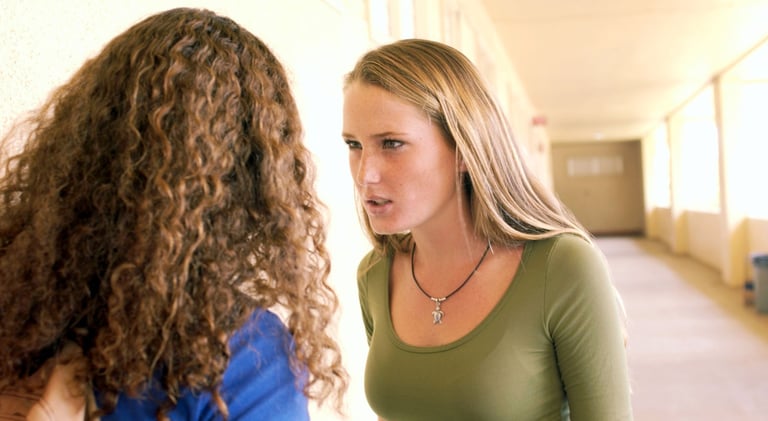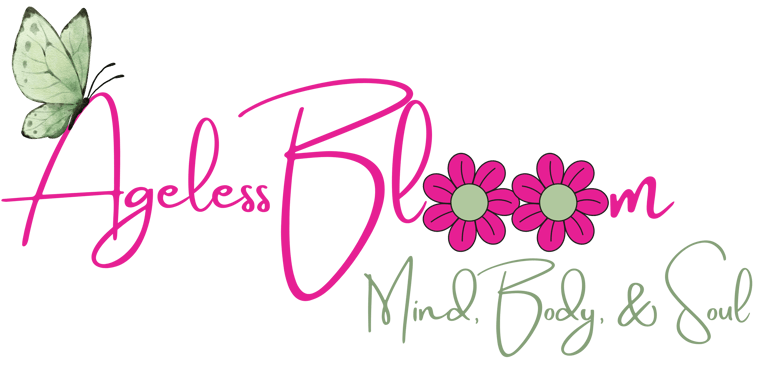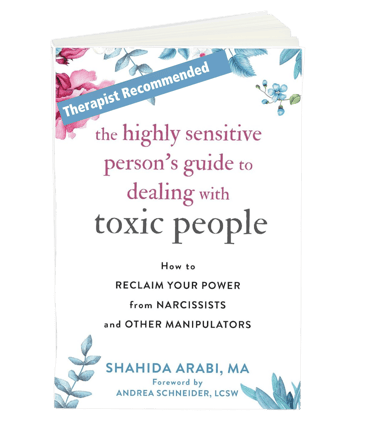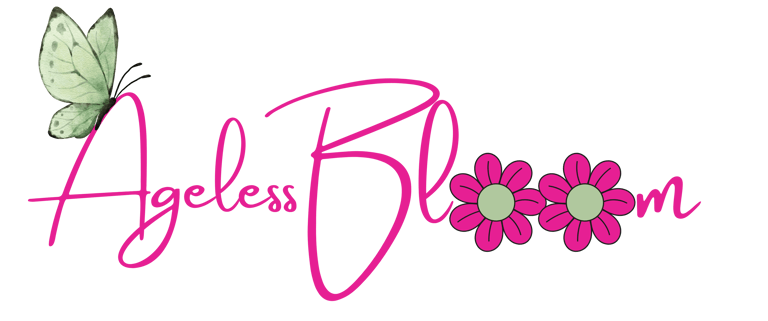Toxic Relationships: 12 Early Warning Signs You Shouldn't Ignore
Discover the crucial early warning signs of toxic relationships and learn how to protect yourself before these situations escalate. Whether it's a romantic partner, family member, friend, or colleague, understanding these red flags can help you maintain healthy boundaries and prioritize your well-being.
RELATIONSHIPS
Shari Smith
12/27/20247 min read
As an Amazon affiliate, we earn commissions at no extra cost to you if you click our links and make a purchase.


We've all been there – that nagging feeling that something isn't quite right in a relationship, but we can't quite put our finger on it.
Maybe you're second-guessing your own judgment, or perhaps you're telling yourself it's not that bad.
The truth is, toxic relationships rarely start out obviously harmful. They often begin subtly, with signs that are easy to dismiss or rationalize away. This guide will help you identify these early warning signs before they evolve into more serious issues.
Signs to Watch For
1. Constant Criticism and Judgment
They frequently point out your flaws, even disguising it as "just trying to help"
Your achievements are often downplayed or dismissed
You find yourself constantly defending your choices, even small ones
Their criticism makes you feel increasingly insecure about things you were once confident about
2. Control Disguised as Care
They insist on knowing your whereabouts at all times "because they worry"
Your decisions are questioned and need their approval
They monitor your phone, social media, or finances "for your protection"
You're made to feel guilty for spending time with others
3. The Silent Treatment and Emotional Manipulation
They withdraw affection or communication as punishment
You're often left guessing what you did wrong
Reconciliation only happens on their terms
You find yourself walking on eggshells to avoid their displeasure
4. Gaslighting and Reality Distortion
They deny things you know happened
Your memories and perceptions are constantly questioned
You hear phrases like "you're too sensitive" or "that never happened"
You start doubting your own judgment and memory
How Toxic Patterns Develop
The Cycle of Toxicity
Love Bombing Phase
Testing Boundaries
Escalation
Tension
Incident
Reconciliation
Calm Period
Repeat
Why We Miss the Signs
Gradual normalization of problematic behavior
Intermittent reinforcement through good moments
Hope that things will improve
Past emotional investment
Fear of being alone or starting over
Taking Action
Immediate Steps to Protect Yourself
Document concerning incidents and patterns
Maintain connections with friends and family
Create financial independence if possible
Trust your instincts
Seek professional guidance
Building a Support System
Confide in trusted friends or family members
Join support groups (online or in-person)
Connect with a therapist or counselor
Build relationships outside of the toxic person's influence
Frequently Asked Questions
Q: What if the toxic person is a family member?
A: Family relationships can be particularly challenging to navigate. Focus on establishing clear boundaries, limiting exposure when necessary, and seeking professional guidance for strategies specific to your situation.
Q: How do I know if I'm overreacting?
A: If you're consistently feeling anxious, drained, or questioning your worth after interactions with someone, these are valid feelings that shouldn't be dismissed. Trust your instincts and consider seeking an outside perspective from a counselor.
Q: Can toxic people change?
A: While change is possible, it requires genuine acknowledgment of problematic behaviors and committed effort to improve. The change must come from their desire to be better, not just promises made to keep you around.
Recognizing early warning signs of toxic relationships is a crucial skill for protecting your mental and emotional well-being. Remember that you deserve relationships that lift you up, support your growth, and make you feel secure. While it can be difficult to acknowledge these patterns, especially with people we care about, identifying them early can prevent years of emotional damage and help you maintain healthier relationships moving forward.
Sarah's Story: A Journey of Recognition
Sarah never thought she'd find herself in a toxic friendship. Her relationship with Rachel started like many others – they met at work, bonded over shared interests, and quickly became close friends. Rachel was charismatic, always ready with advice, and seemed to really care about Sarah's well-being.
The Early Days
"Rachel was the kind of friend who'd drop everything to help," Sarah recalls. "When I went through a breakup, she was there with ice cream and movies. She'd surprise me with little gifts and always remembered important dates. I felt lucky to have such a dedicated friend."
The Subtle Shifts
Over time, Sarah noticed small changes. Rachel's "helpful" advice began feeling more like criticism:
"Are you sure you want to wear that to the interview? It's not very professional."
"I'm just saying, maybe if you tried harder with dating, you wouldn't be single."
"Your other friends don't really understand you like I do."
Sarah found herself second-guessing her choices. "I started running everything by Rachel first. What to wear, who to date, even what to order at restaurants. It seemed normal because she was 'just looking out for me.'"
The Escalation
The control became more evident in social situations. Rachel would:
Get visibly upset if Sarah made plans without consulting her
Create drama when Sarah spent time with other friends
Share Sarah's personal information with others, claiming she was "just worried"
Make Sarah feel guilty for having other close relationships
"The breaking point came when I got a promotion at work," Sarah shares. "Instead of being happy for me, Rachel started spreading rumors that I only got it because I was 'friendly' with my boss. When I confronted her, she denied everything and said I was being paranoid. That's when I realized this wasn't what true friendship looked like."
The Wake-Up Call
Sarah began noticing physical and emotional symptoms:
Anxiety before checking her phone
Stomach aches before meeting Rachel
Exhaustion after their conversations
Constantly rehearsing explanations for her choices
"I found myself lying about small things just to avoid her reactions. I'd say I was sick when I had plans with other friends. I'd hide happy moments in my life because she'd find ways to diminish them. I realized I was living in fear of her moods."
The Steps to Freedom
Sarah's journey to setting boundaries wasn't linear:
She started by documenting incidents that made her uncomfortable
Reconnected with friends she'd distanced herself from
Sought counseling to understand the pattern
Gradually reduced contact instead of an abrupt cut-off
Learned to trust her instincts again
Where She Is Now
"Looking back, I can see all the red flags I missed. The excessive gifts early on, the subtle put-downs disguised as concern, the way she isolated me from others. But more importantly, I learned that setting boundaries isn't selfish – it's necessary."
Lessons Learned
Sarah's advice to others:
Trust your gut when something feels off
Pay attention to how you feel after interactions
Notice if you're hiding things from other friends
Watch for patterns of guilt-tripping
Remember that true friends celebrate your successes
"The hardest part wasn't recognizing the toxicity – it was accepting that I deserved better. Now I know that real friendship shouldn't drain you or make you question your worth."
The Bigger Picture
Sarah's story illustrates common patterns in toxic relationships:
Love bombing in the beginning
Gradual escalation of control
Isolation from other support systems
Gaslighting when confronted
Making the victim question their reality
Note: Names and specific details have been changed to protect privacy, but this story represents a common pattern seen in toxic friendships.


The Highly Sensitive Person's Guide to Dealing with Toxic People: How to Reclaim Your Power from Narcissists and Other Manipulators
Self-Assessment Quiz: Recognizing Toxic Patterns in Your Relationships
Instructions: Rate how often you experience each situation on a scale of 0-3:
0 = Never
1 = Sometimes
2 = Often
3 = Almost Always
Part 1: Emotional Well-being
After interactions with this person, I feel:
Mentally exhausted
Anxious about our next interaction
Like I've done something wrong
Confused about what actually happened
In our relationship, I find myself:
Apologizing for things I didn't do
Keeping secrets about our interactions from others
Making excuses for their behavior
Doubting my own memory or perception
Part 2: Communication Patterns
During our interactions:
My opinions are dismissed or belittled
I'm interrupted or talked over
My achievements are downplayed
My mistakes are frequently brought up
When we disagree:
They give me the silent treatment
They bring up unrelated past issues
They refuse to compromise
They make me feel guilty for having different views
Part 3: Control and Boundaries
This person:
Questions my decisions about how I spend my time
Makes me feel guilty for spending time with others
Checks my phone, emails, or social media
Has strong opinions about my appearance or lifestyle choices
In our relationship:
I've stopped doing things I enjoy
I've distanced myself from other important people
I feel like I'm walking on eggshells
I've changed my behavior to avoid conflict
Scoring Guide
Add up your total points:
0-15: Low Risk - Your relationship shows few toxic traits, though any concerning patterns should be monitored.
16-30: Moderate Risk - There are some concerning patterns that deserve attention and possibly professional guidance.
31-45: High Risk - Multiple toxic patterns are present. Consider seeking professional help to establish boundaries or evaluate the relationship.
46-72: Severe Risk - This relationship shows numerous toxic patterns. Please prioritize your safety and well-being, and consider reaching out to a counselor or domestic violence hotline.
Important Notes:
This quiz is a tool for self-reflection, not a diagnostic instrument
A single high-scoring question can be significant, even if your overall score is low
Trust your instincts – if something feels wrong, it likely is
Consider taking this quiz periodically to track changes in the relationship
Keep your completed quiz in a safe place for future reference
Next Steps:
If Your Score is Low (0-15):
Continue monitoring your relationships
Keep establishing healthy boundaries
Trust your instincts if concerns arise
If Your Score is Moderate (16-30):
Start documenting concerning incidents
Confide in trusted friends or family
Consider talking with a counselor
Read more about healthy relationship patterns
If Your Score is High (31-45):
Prioritize your emotional well-being
Seek professional guidance
Build a support network
Create a safety plan if needed
Consider distance or boundaries
If Your Score is Severe (46-72):
Reach out to professional help immediately
Contact a domestic violence hotline for guidance
Create a safety plan
Don't make sudden moves without support
Consider legal advice if necessary
Following Up:
After completing this assessment, consider these reflection questions:
Which items scored highest for you?
How have these patterns changed over time?
What support do you need to address these issues?
What boundaries could help improve the situation?
Remember: This quiz is a starting point for awareness, not a definitive diagnosis. Your feelings and experiences are valid, and help is available if you need it.






